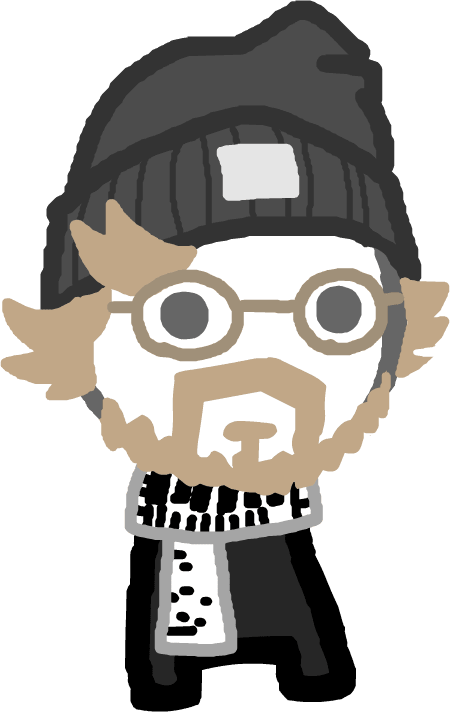If Engelbart
If Engelbart had been understood and followed, the trade of work I’m in would have been considerably different. Instead of building interfaces for perpetual re-beginners, instead of an elusive search for intuitiveness and the perfect first impression, we would have focused on the long term relationship between people and machines.
We wouldn’t have so many toolmakers and inventors, instead, we’d have teachers and coaches. Engelbart envisioned the manipulation of computers as an act of learning, where, simultaneously, you get better at your own skills and at using the machine, and the machine becomes more tailored to you. The tool would have been just that, an aid for the individual to delve into her work.
We wouldn’t have worried as much upon user experience, for we wouldn’t call ourselves and others “users”. For that matter, the same as we don’t call anyone a pencil user, we might have stayed with calling people writers, professors, painters and so on. And we wouldn’t feel so responsible for their experiences – for everyone understands learning experiences evolve in time, whereas computer experience in the app culture is a matter of the instant.
There are many echoes of Engelbart’s legacy in today’s computer culture. But the NLS remains a powerful neverwas and might-have-been, a pole from which we can orient and situate ourselves.
